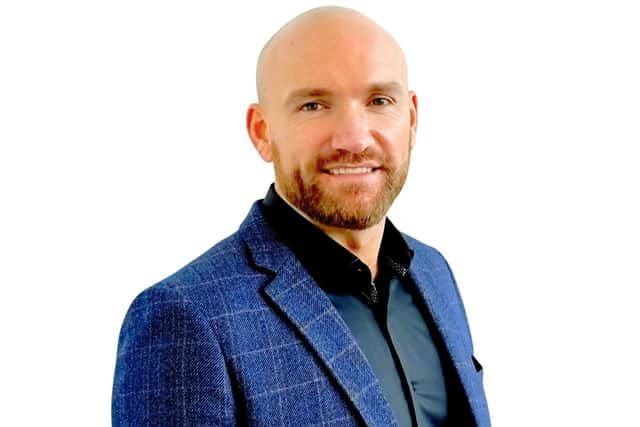It's time to embrace the satellite internet revolution - Derek Phillips
‘Internet from space’ might sound like science fiction, but the technology is ready and accessible. Low Earth Orbit (LEO) satellite technology uses a constellation of satellites to provide internet speeds of 350Mbps, considered ultrafast. Networks of hundreds of satellites are orbiting between 500 and 1,200 kilometres above earth, able to transmit data at incredible speeds to even the most remote location, with ‘plug and play’ installation for the whole of the UK, including all Scottish Islands.
The prep work has now been done, with LEO emerging as the obvious future of connectivity. Last year, we saw massive LEO infrastructure development from key players – Starlink and OneWeb. Starlink, spearheaded by SpaceX, now has over 5,000 active satellites orbiting above us, with OneWeb sitting at over 630 satellites. Amazon is also placing huge bets on LEO as the future of connectivity, with their own ‘Project Kuiper’ being slightly further behind but completing successful satellite testing and planning an aggressive launch schedule in 2024, aiming to deliver fast, affordable broadband to unconnected communities around the world.
Advertisement
Hide AdAdvertisement
Hide AdNotable projects have already demonstrated the use case for LEO for business. Clarus Networks Groups specialises in wireless connectivity solutions, working with the UK Government and OneWeb to trial LEO in Shetland, bringing high speed internet to the remote Island of Papa Stour for the first time. We're also in discussions with the Scottish Government to see how LEO could work for more of Scotland’s hardest to reach places. Less than one quarter of premises in the Highlands and Islands currently have access to a fast gigabit broadband connection, and it's arguably time to focus efforts on accelerating connection in these areas using the most efficient technology, supporting businesses and livelihoods.


LEO can have a huge impact on improving efficiency and sustainability for businesses, and we’ve had untold success connecting many remote businesses to enable them to run their primary communications over satellite. Clarus recently partnered with Skylift UAV to pioneer the use of autonomous giant drones for cargo transportation at offshore wind farms. With a wingspan the size of albatross, the drones can carry weights of 68 kilos and use Starlink to control the autonomous system. Use of drones for cargo delivery removes the need for cranes and prevents turbine shutdowns, improving sustainability from multiple trips by ship and efficiency, through continued operation.
Energy, rail and emergency services are just a few of the industries that will see huge leaps in connectivity driven by LEO, removing connectivity as a bottleneck and transforming it into an enabler for the use of powerful new technologies, including drones, artificial intelligence and remote monitoring.
LEO can also be integrated with secure 5G networks, providing flexibility for businesses. Clarus specialises in helping businesses find the right solution for their needs, managing installation and maintenance to make sure operations are always online.
Low Earth Orbit satellites are here to stay. It's time for the Scottish Government and business to look skywards and get online, embracing wireless technologies built to handle even the most rugged and remote landscape.
Derek Phillips, Group Managing Director at Clarus Networks Group
Comments
Want to join the conversation? Please or to comment on this article.